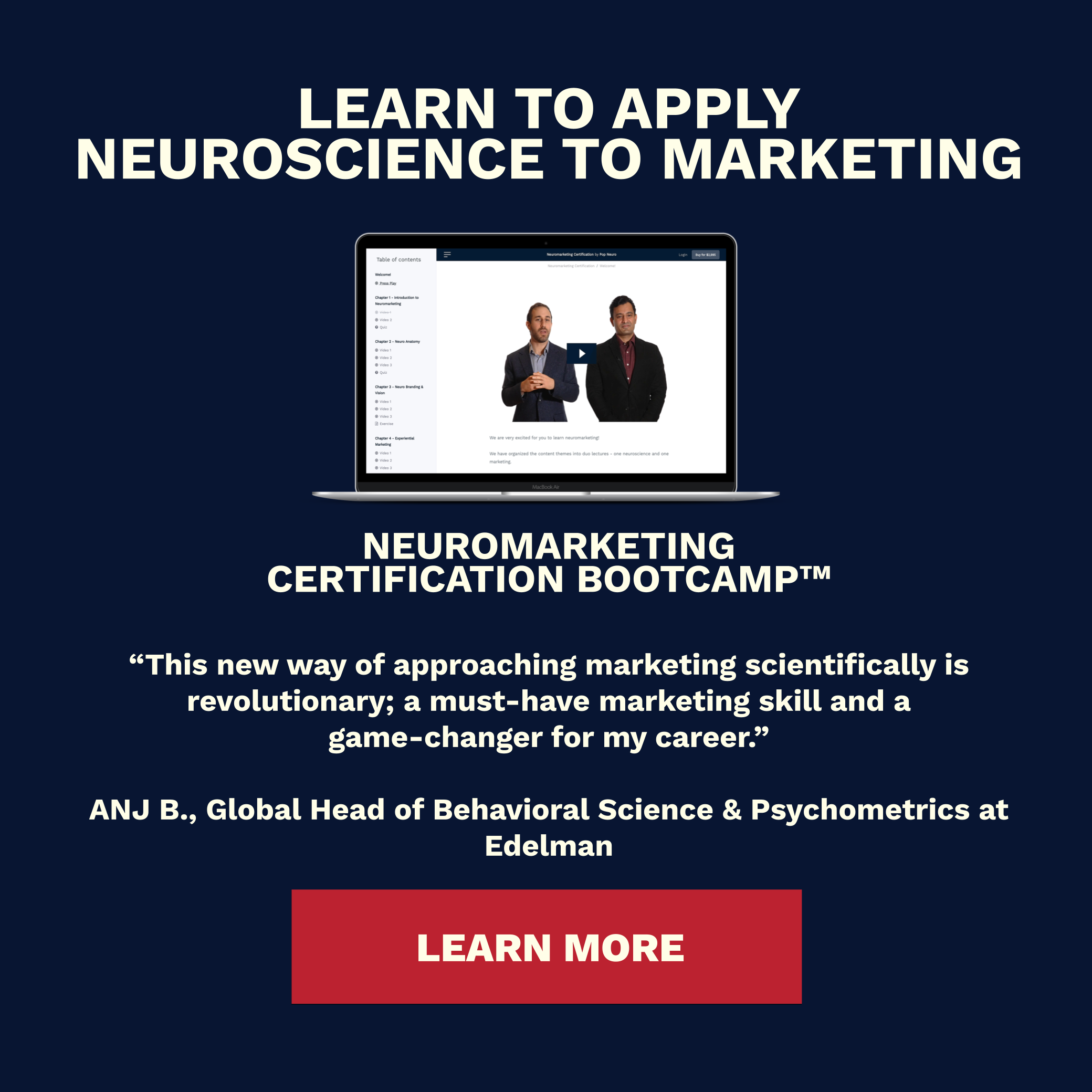The Psychology of Leadership and Executive Coaching with Dr. Christina Villarreal
Photo by Jukan Tateisi on Unsplash
The application of psychology to business goes well beyond understanding consumer behavior. Insights from psychological science and clinical practice can also be used to better understand and improve communication skills, team dynamics, and leadership ability. Overall, organizations which better understand these insights have a major advantage over those which don’t, and this is no more true than for start-ups. Indeed, the psychological dynamics of a start-up can easily make or break its success.
To dive into the ways psychology can improve business performance, we spoke with Dr. Christina Villarreal. Dr. Villarreal helps leaders and teams enhance their performance and well-being through her executive coaching practice. She works largely within the Bay Area’s tech community, helping high-achieving individuals and fast-scaling startups accomplish a wide range of organizational growth and performance goals.
How would you define Executive Coaching?
Engaging in executive coaching is an opportunity to uncover new dimensions of problem solving and potential for success, cultivate new skills, overcome hurdles and enlist strategic resources as part of a tailored plan of growth. Ineffective patterns are identified and reframed allowing for new insight and positive development. Coaching can also help identify and build solutions when someone is ‘stuck’ in a gridlock, or at a crossroads. Coaching sessions are a collaborative effort intended to produce measurable progress and solidified learnings. In partnership, executive coaches and their clients identify meaningful goals according to a person’s values and life outlook, celebrate accomplishments, examine the pitfalls that are a natural part of growth, and reinforce a support system to help maintain positive change.
What would you say are some of the key areas/goals of Executive Coaching in terms of specific areas of focus? (e.g. EQ, Communication, Effective Teams, Leadership)
The biggest distinction to make is Executive Coaching applied to individuals, as opposed to Executive Coaching applied to teams.
For individuals, this means:
Leadership identity and executive presence (public presentations, effective delegation, conveying organizational vision and mission)
Emotional intelligence, self-awareness
Strategic thinking, high stakes decision-making
Skillful communication across relationships (managing up, building team culture, giving and receiving feedback, conflict resolution)
Phase of life preparedness and planning
Change facilitation
Health-focused habit formation
Career/life transitions
For teams, this means:
Value-driven organizational culture design and alignment
Role development (KPIs, OKRs), prioritization within and across teams
Inter-team trust building
Solution-focused communication
Conflict resolution management
Diversity/inclusion awareness and integration
Retrospectives for insightful learning
What frameworks or insights from the field of psychology do you feel are most applicable to being an effective leader?
My executive coaching style for leaders incorporates evidence-based practices from the field of psychology, including peak performance psychology, cognitive neuroscience, behavioral design and critical communication skill acquisition.
You’ve worked a lot with founders of start-up companies here in Silicon Valley. From the standpoint of executive coaching, what are some of the unique challenges that founders face (compared to other types of clients you face)?
Founders are uniquely challenged because of the high level of risk and failure involved in building an organization from scratch. Founders face a high level of pressure and isolation can worsen this experience.
In addition, I wrote these pieces specifically for founders/leaders in tech startups:
What psychological skill sets are most important for first-time founders in order to give their start-ups the best chance at success?
For first time founders, two skill sets are crucial. The first is being able to communicate their story effectively. The initial step here is understanding their “why”: why does this product matter to them, and why does it matter to the world? This is incredibly important to get right from the beginning, and founders need to dig deep to understand this for themselves in order for them to be able to communicate this clearly. It's important for the founders to understand this well themselves before they can create a story around it - no amount of storytelling training can supplement a solid internal understanding of their “why”.
From there these ideas need to be communicated not only clearly, but with confidence and charisma. This can be a particular challenge for founders with non-traditional backgrounds (females and ethnic minorities), who generally find themselves pitching to white male venture capitalists. Learning how to cater the message to this specific audience can be crucial.
This is also an area where practice is key. Very few people are great, ‘natural’ speakers, but thankfully this is a skillet which can improve with experience and repetition.
The other major skillset is conflict resolution. Conflict within a founding team is inevitable, and so being able to deal with it effectively can be a key differentiator between start-ups which fail and those which move forward.
My role here from the onset is to help people accept that conflict is normal. It is not unique to them, or unique to the situation, and is nothing to feel badly about. The quicker this realization can be achieved, the better. When problems inevitably arise, addressing the conflict with humility is key.
In addition, I wrote these pieces to highlight what makes an effective entrepreneur:
If you could provide every college graduate/young person going into business with one specific skill set or piece of knowledge, what would it be?
My biggest pieces of advice are learn to hold yourself accountable for your own growth and progress, adopt and apply a positive mindset whenever possible, and continue to build self-awareness and social emotional intelligence - these skills are as critical to one’s personal success and happiness as any other form of education, technical abilities and professional development.
I’ve expanded on these ideas in the following blog posts:
What advice would you have for others who may be interested in going into the field of Executive Coaching?
Do research on what executive coaching is and isn’t, and how and where to obtain education and training relative to other fields - particularly psychotherapy.
People who optimally benefit from coaching are highly motivated, mentally healthy, ready to achieve identified goals and execute plans. Coaching focuses on supporting growth and improvement in the present and the future:
Coaching is appropriate for mentally stable people ready to take on new challenges through behavioral change
Coaches support specific goals and action plans developed in partnership with the client
Coaching capitalizes upon a person’s skill sets and strengths to achieve improved outcomes
Measures progress with ongoing evidence-based assessment tools; process is results driven
Provides tailored structure, positive encouragement, support, and feedback
Psychotherapy is defined as a form of clinical treatment intended for people experiencing varying degrees of mental health symptoms, and is effective for treating emotional and behavioral dysfunction that has led to significant impairment in one or more major areas of functioning (e.g. work, school, childcare). Psychotherapeutic assessment outcomes are defined through clinical diagnoses according to the Diagnostic and Statistical Manual of Mental Disorders (DSM) and the International Classification of Diseases (ICD). Like coaching, psychotherapy may also include concrete treatment goals, and provides supportive professional care. However:
Psychotherapy is appropriate when a mental health problem/disability arises which warrants clinical attention and psychological intervention
Psychotherapy focuses on moving people from a state of dysfunction to one of being functional; it was developed out of the need to treat human pathology
Psychotherapy is appropriate for diagnosing and treating mental illness and other clinical levels of malfunctioning (e.g. bereavement, marital separation, trauma)
While psychotherapeutic treatment may vary in duration, clinical orientation and format, it provides support with or without the inclusion of goals, actionable intent or progress
Psychotherapists are trained to take a neutral, objective stance towards their patients and provide empathic listening and emotional support. Coaches work in partnership with their clients and advocate for positive behavioral change and measurable growth
What draws you to Executive Coaching, and what is it that you most enjoy about your interactions?
I find it deeply rewarding to coach motivated people in their professional and personal growth goals, helping them ignite untapped strengths, forge creative pathways to success, and develop healthy habits for long-term happiness. It’s very satisfying to be a part of a process in which people discover their own unique solutions to problems, and support their progress in real time. It’s an exciting journey that allows me to continuously build my own personal bank of insights and wisdom that leverage across my coaching practice and beyond.
About Christina Villarreal
You can find more about her background, expertise, and work at drchristinavillarreal.com.
She can also be reached via email at christina.villarreal@gmail.com.



































Dive into the fascinating intersection of psychology and marketing and how to use psychological biases in marketing strategy.